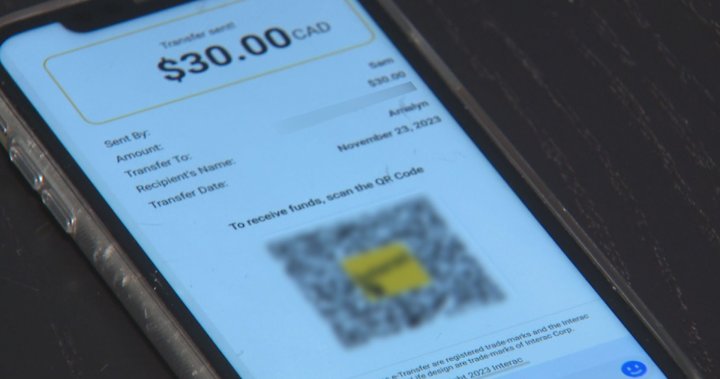“QR code scam” - a QR code is just a link. She essentially clicked a link and was phished (and didn’t use 2FA) like most people.
Seems more like a tech-literacy issue that’s still ongoing.
My last company had several execs falling for these and wasting company time and money. The average person just doesn’t put in the due diligence when it comes to passwords and cybersecurity unfortunately.
Hopefully the bank can revert the transactions.
Seems more like a tech-literacy issue that’s still ongoing.
Tech literacy never really existed. Even in the early 00s when PC based computing was dominant no one ever checked links before they clicked them and HTTPS was barely used. Now that everything is hidden behind opaque apps there is no way for users to even accidentally how to safely navigate unless they actively look for it.
Tech literacy and a basic understanding of how the internet works needs to be actively taught in schools to mitigate these issues in the future.
I don’t understand how the bank didn’t pay them back and return the frauds as insured.
Giving your password and account out shouldn’t be enough to authorize a wire transfer. That’s on the bank.
Getting shit done at banks is hard enough already. Don’t give them an excuse to make it even more of a pain in the ass.
Well, if the alternative is people losing $10k (or more)…
“Everything the same, looked the same,” she told Global News. “You put in your bank account and your password. ”
QR codes had nothing to do with this scam, this is functionally equivalent to clicking a sketchy link (most QR readers will even show you the domain as a preview QR codes). They were sent to a page asking for login credentials without checking the URL or site certificate. It sucks and they should get their money back but Global could have just as easily headlined this “HTTP Scam.”






